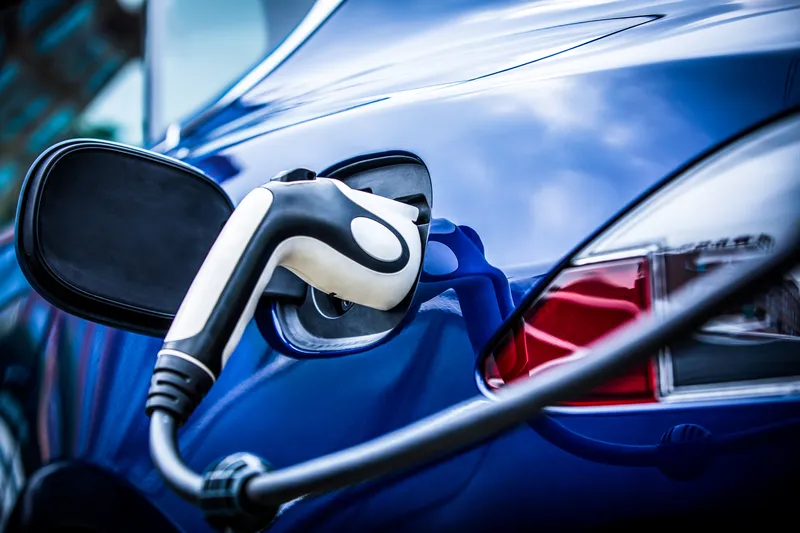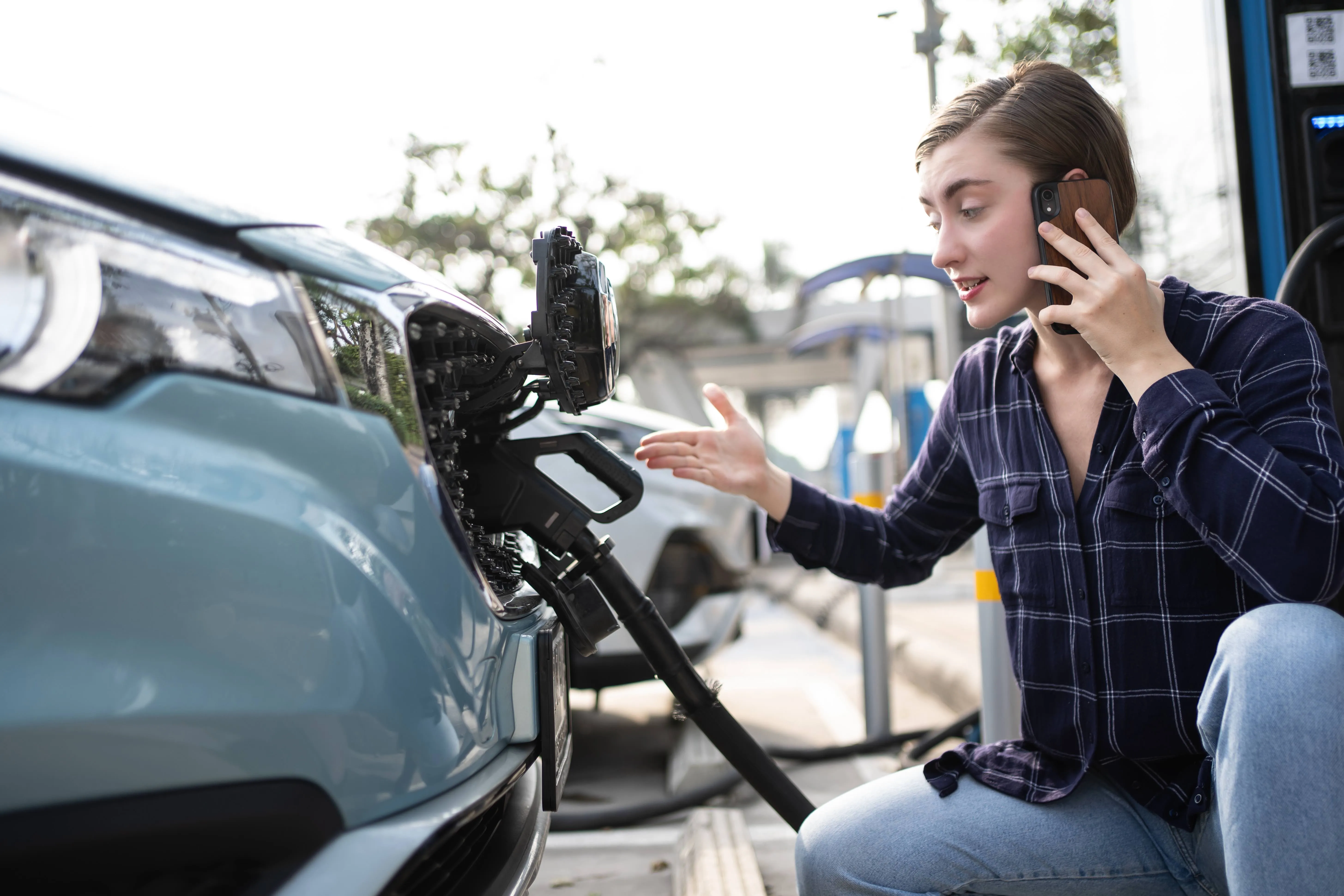
The US$5bn National Electric Vehicle Infrastructure Formula Program (NEVI) provides dedicated funding to states to strategically deploy EV charging infrastructure and establish an interconnected network to facilitate data collection, access, and reliability.
In addition, the Charging and Fueling Infrastructure (CFI) Discretionary Grant Program provides US$2.5bn through two US$1.25bn discretionary grant programs to strategically deploy publicly accessible EV charging and alternative fueling infrastructure in communities where people live and work and along designated alternative fuel corridors (AFCs).
Zach Henkin, director of EV program research at the Center for Sustainable Energy, a US non-profit organisation for accelerating clean transportation, comments on the NEVI funding: "Each state will get a specific allocation and this allows them to plan for how they are going to move those funds."
Speaking during the EV Charging 101 virtual event, he added: "The CFI funding supports both alternative corridor charging as well as any other community-based charging, such as workplace, multi-family, or public amenity charging.
"This will support a lot more EV charging infrastructure in places that haven't got a lot of attention nationally."
In terms of how EV charging stakeholders can access the funding, Henkin says the first port of call should be the Joint Office of Energy and Transportation website, which gives access to every published NEVI plan across the country.
Bryan Thomas, senior VP at real estate company Jones Lang LaSalle which partners in real estate charging programs with states and municipalities, says his company has reached out in its research to major charging players such as Electrify America, EVGo, Chargepoint and blink, as well as large convenience store chains.
"You learn a lot about different ownership models," he adds. "It's good to understand that because then you can figure out how you can fit in. Is there a place for me or not? Some of these entities can tell you.
"If you are out of bounds then hopefully they can tell you quickly, and if you have a great idea they can say 'hey, here are some things you can have a look at, here's how a project you are envisioning may work, and here's how we can help you."









